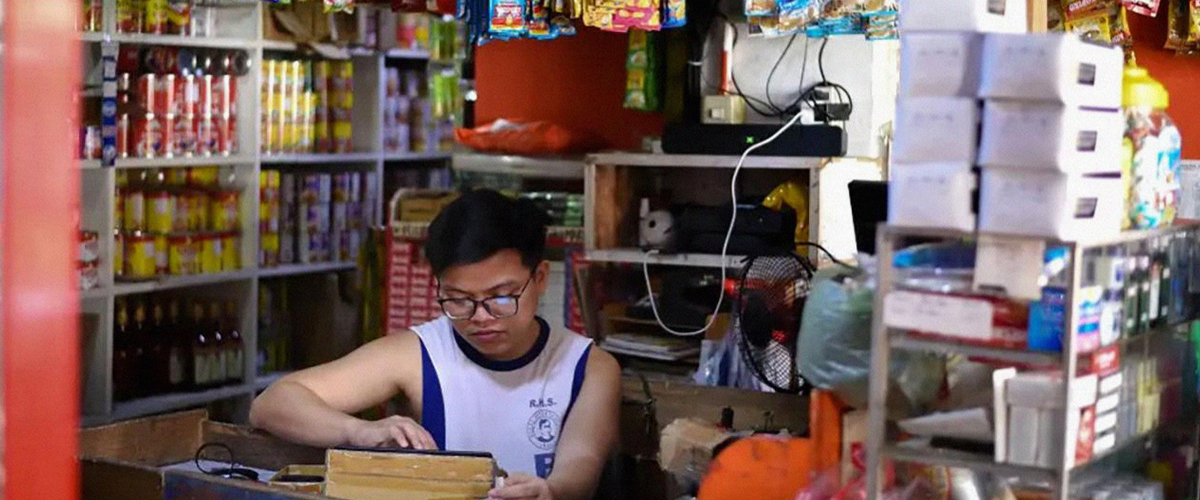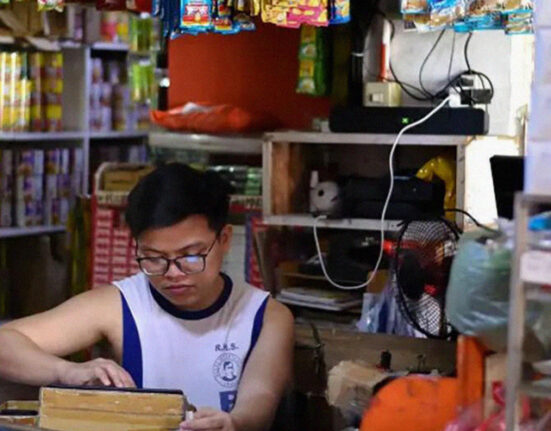IN THE dynamic world of education and business, sari-sari stores have remained a fixture in Filipino communities. Whether you’re in an urban center or a rural town, these stores continue to play a vital role.
These humble neighborhood shops, often integrated into family homes, go beyond simply providing household items—they’re a key resource for students seeking school supplies and other essentials.
Even with the growth of big bookstores and retail chains, sari-sari stores maintain their importance for student needs by offering convenience, affordability, and easy access.
Sari-Sari Store Dominance
Filipino tech startup Packworks.io reports that sari-sari stores are now expanding their offerings to include “tingi,” or small portions, of school supplies with the new academic year underway.
This finding comes from over a million monthly sales transactions across its network of more than 300,000 sari-sari stores, tracked through its mobile platform and data tool, Sari IQ.
According to Packworks, the number of stores located within a 400-meter radius—or about 500 steps—from schools jumped 31 percent, rising from 71,000 in 2023 to 95,000 last year.
These stores saw major gains by tailoring their inventory for school season demand. In 2023, sales rose 30 percent in August, marking the start of classes.
The momentum grew in 2024, with a 130-percent surge in July, ahead of the July 29 school opening. For 2025, sari-sari stores saw a 71-percent sales rise in June for the current school season.
Always Dependable
Packworks Chief Platform Officer Hubert Yap emphasizes the business-savvy nature of sari-sari store owners, who adapt their stock according to seasonal needs and trends—especially during back-to-school months.
“Our data is a testament to why sari-sari stores are the lifeblood of the Philippine economy. They possess a deep understanding of their communities, enabling them to seize seasonal opportunities,” Yap said.
“They are not just reacting to demand, but they are strategically positioning themselves and adapting to the needs of their communities, especially with the recent long suspensions of the first weeks of public school due to the torrential rains this season.”
“Ensuring neighborhood educators, parents and students have access to what they need, exactly when they need it, just in time for the back to school rush,” Yap went on to explain.
Gen Z-Approved
Backing up that statement, republicasia spoke with a Gen Z who has long relied on sari-sari stores. Ian Capati, 24, recounted how these neighborhood shops were a key part of his student life.
“Sa tingin ko, patok sa mga Pilipino ang pamimili sa sari-sari store dahil madaling puntahan ang mga ito, lalo na kung malapit lang sa bahay. Hindi kailangan ng pamasahe, at pwedeng bumili ng tingi tingi,” Capati said.
“Accessibility talaga at convenience ang nagbibigay ng halaga sa mga sari-sari stores. Noong estudyante pa ako, lagi akong bumibili ng mga gamit sa paaralan sa sari-sari store. Kadalasan, dahil kailangan agad ang gamit eh, lalo na kung hindi ninyo ito nabili sa mall.”
“Tulad na lang ng mga school supplies na tingi, mga folder, ballpen, bond paper. Life saver para sa amin ang mga ganitong stores, dahil mas mabilis ito kumpara sa magcocommute ka pa papunta ng palengke or ng mall,” he added.
Even with the growth of online shopping and the steady rise of mall establishments, sari-sari stores have remained consistently dependable, keeping essentials within easy reach of Filipino communities.
How useful was this post?
Click on a star to rate it!
Average rating 0 / 5. Vote count: 0
No votes so far! Be the first to rate this post.
We are sorry that this post was not useful for you!
Let us improve this post!
Tell us how we can improve this post?









